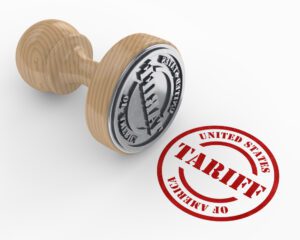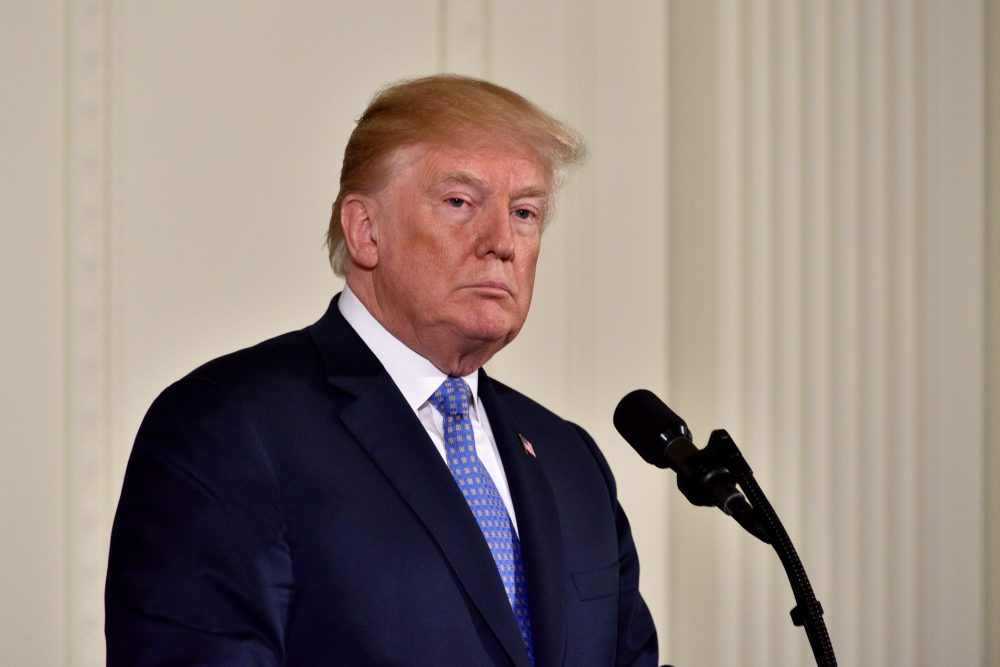For the last several months, the Trump administration has pushed towards wide-scale tariffs on many imports. The White House sees these measures as part of a broader trade strategy, leveling the playing field for a more competitive US market. Tariffs would fall under Section 232 of the US trade law, which cites national security interests.
The proposed tariffs are of particular interest to the automotive industry as they could affect 25% of imported cars and parts. As a result, many industry experts warn, car prices could surge, leading to a sharp decline in new car sales. Additionally, given the cross-border cooperation built into modern car manufacturing processes, tariffs could potentially impact jobs in the US.
There has already been some pushback from international trade partners. China responded to tariffs on its imports by imposing tariffs of their own and by changing purchase patterns. For example, China cancelled soybean and other agricultural orders, hitting a hard blow to those US industries. 
Europe has seen a similar cycle, responding to aluminum and steel tariffs by placing retaliatory tariffs on incoming American goods, such as Harley-Davidson motorcycles, Levi Strauss jeans, and whiskey.
However, automakers from the European Union have also invested time, money, and energy in lobbying Washington for a reprieve. Many in the industry have said they will follow the guidelines of the US-Mexico-Canada (USMCA) trade deal. USMCA replaces NAFTA, and while it is still waiting for congressional approval, it could bring more auto manufacturing to North America. Volkswagen and Daimler have both promised to open factories stateside or expand US operations.
In response, there has been word that President Trump may delay making a decision. The president had set November 14th as his deadline, and though he may, of course, still stick to it, many European car companies are feeling optimistic that the day will pass without tariffs.
Meanwhile, China’s status is still in flux. President Trump said in an address at the Economic Club of New York that an agreement is “close.” According to the President, China is “dying” for a deal, and that if one could not be reached that made financial sense for the American public, he would levy higher tariffs against the country.
In his remarks, the president reiterated past sentiments that China has cheated and taken advantage of the United States, and that he hoped these moves would help put an end to unfair dealings between the two countries.
Whether the mentioned agreement will go through is yet to be seen, but it could offer relief to those shopping during this upcoming holiday season.








